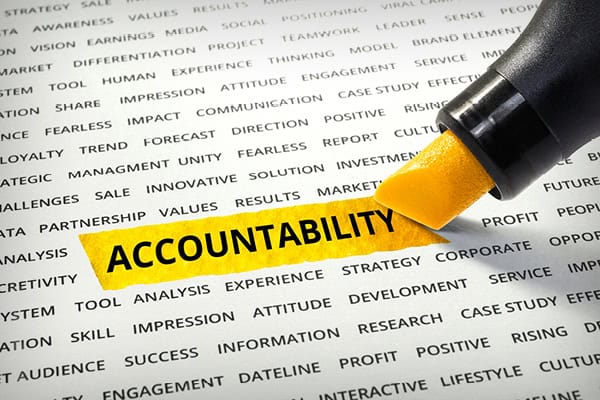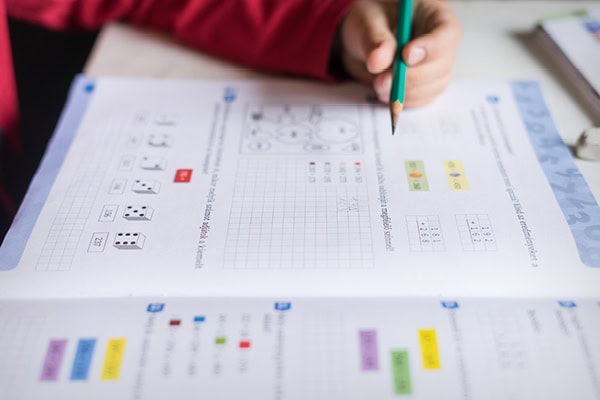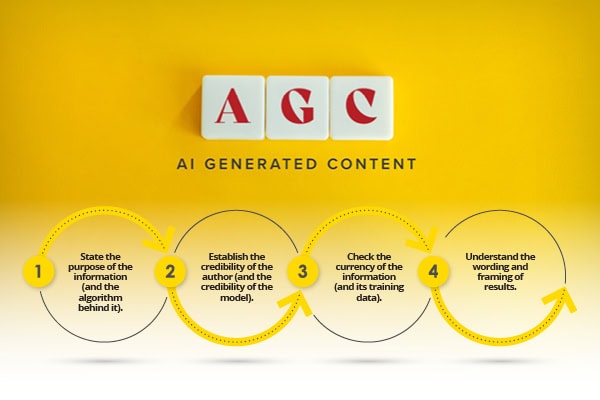The K-12 education system is putting more rigor into accountability systems after years of lowered expectations. There is much opportunity for innovation, but it is a process that takes time and commitment, said state education leaders speaking during a panel at the Reagan Institute Summit on Education, as reported in K-12 Dive.
Speakers emphasized there is not a one-size-fits-all approach to accountability, and that the components for performance standards — such as graduation rates, literacy proficiency or Advanced Placement course participation — may differ from state to state based on student outcomes and as determined by each state’s constituents, families and educators.
The speakers pointed to common elements of strong accountability systems:
- Transparency of student and school performance levels.
- Analysis of performance data for targeted interventions.
- Stakeholder input, including from teachers and parents.
- A laser focus from state, local and school officials on student outcomes.
Kirsten Baesler has been North Dakota’s elected state superintendent since 2012. She says “there’s a lot of pressure on state leaders, on state education leaders, to roll back the assessment piece of our accountability to measure other things.”
North Dakota has added elements to its accountability framework, including a Choice Ready initiative that monitors student readiness upon high school graduation. The measurement includes academic growth and gains, as well as specific indicators of school success for preparing graduates in three areas: post-secondary education, workforce and military readiness.
When the state gathered baseline data in 2017, it found that of the 90% of students graduating high school, only 23% were considered Choice Ready, Baesler says.
Resources were reallocated toward this effort, and high schools were measured by those outcomes. Last year, 70% of graduates were deemed Choice Ready, Baesler says.
“What this accountability did was shine a light on it,” Baesler says. School districts and teachers are now working hard to improve outcomes, but that process takes time, she says.
Aimee Guidera, Virginia’s secretary of education, says data is key for accountability and uncovering where innovations are needed. “Use every piece of data that’s going to help identify where every child is,” she says.
Making assessment and other accountability data transparent is not a “gotcha” moment, she says.
“This data should be used as a flashlight, not a hammer,” to help guide innovations and interventions, Guidera says.
K-12 Dive





